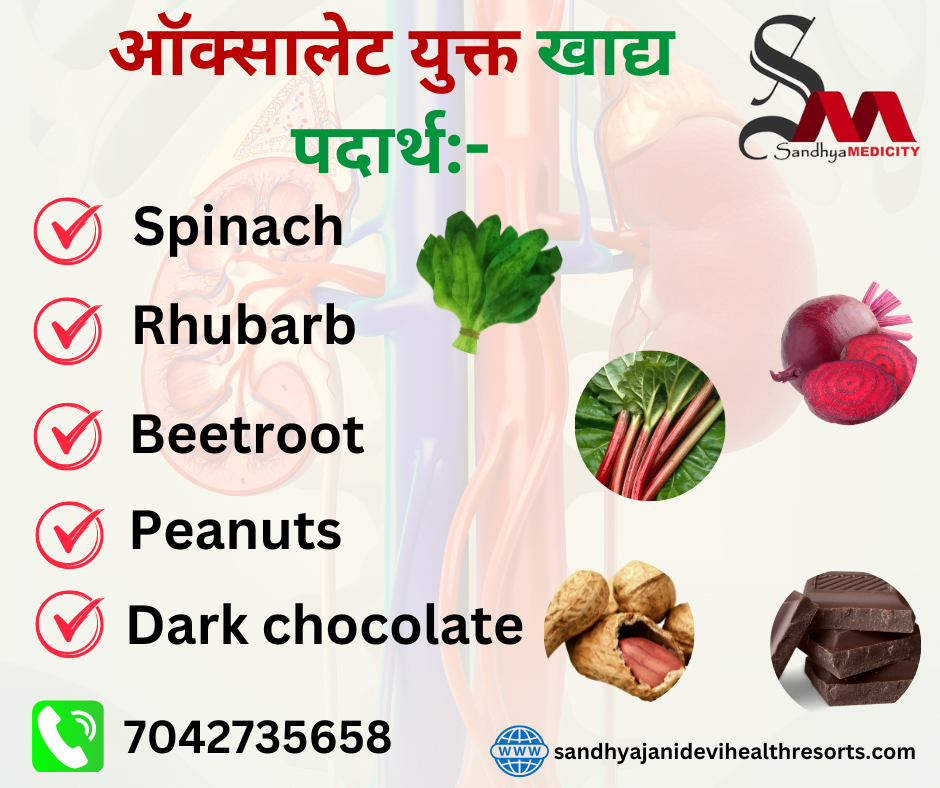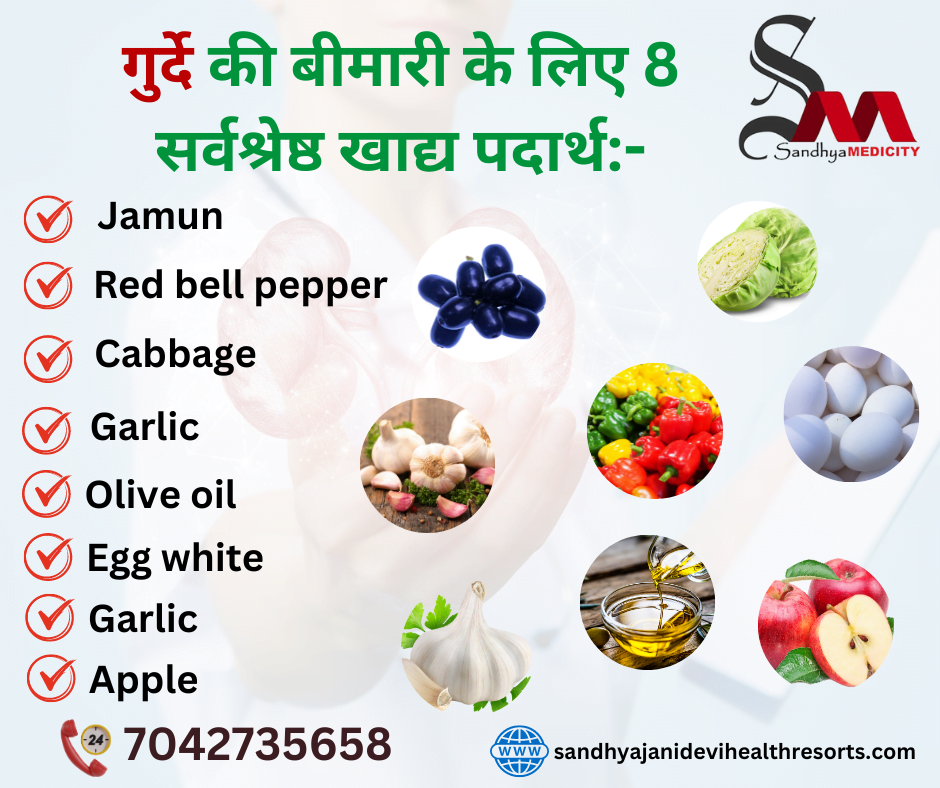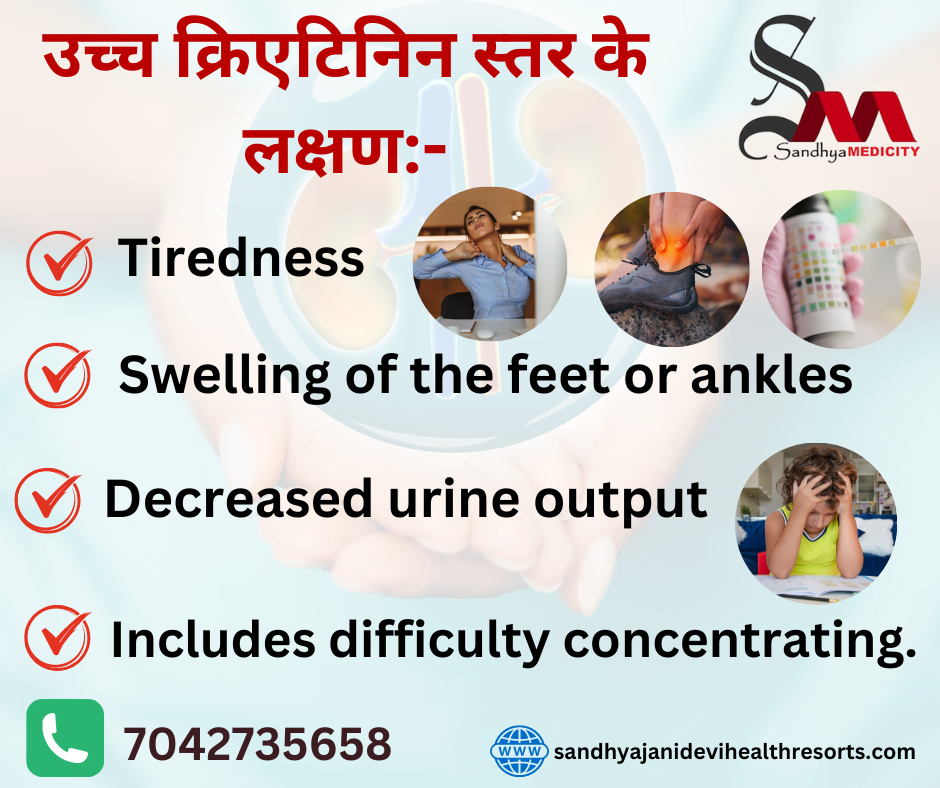We are discussing an urgent topic that affects many individuals around the world: foods are bad for kidney stones Specifically, we will discuss the foods that pose a risk for kidney stones. Therefore, if you or someone you know experiences this painful condition or wants to take preventive measures
Understanding kidney stones
Before knowing about specific foods, let us have a basic understanding about kidney stones. Kidney stones are hard deposits that form in our kidneys when certain substances like calcium, oxalate, and uric acid crystallize.
These crystals can increase in size and cause severe pain while passing through the urinary tract. Now that we have established that, let’s discuss the foods that can contribute to the development of kidney stones.

Oxalate rich foods
One of the types of kidney stones is a calcium oxalate stone, and it is important to pay attention to your intake of oxalate-rich foods. Oxalate is a compound found naturally in many plant-based foods that, when consumed in excess, can lead to stone formation.
Some examples of foods rich in oxalate include spinach, rhubarb, beetroot, peanuts and even dark chocolate. It is important to note that moderation is key. Therefore, it is not about completely eliminating these foods from your diet. Rather, be mindful of your portion and overall consumption.
Sodium and kidney stones
When it comes to sodium, which is commonly found in table salt and processed foods, excessive intake of it can be problematic for kidney stone patients. High sodium levels can lead to increased calcium excretion through urine, which can contribute to stone formation.
Therefore, reducing your intake of sodium-heavy processed foods such as fast food, canned soups and salty snacks is recommended. Choosing fresh, whole foods and adding herbs and spices to your meals can help you maintain a healthy, kidney-friendly diet.”
Animal Protein and Kidney Stones
Let us discuss the role of animal proteins in relation to kidney stones. Animal proteins, especially proteins derived from red meat, can increase the level of uric acid in our body. High levels of uric acid can trigger the development of certain types of kidney stones.
It’s important to note that this doesn’t mean you have to completely eliminate animal protein from your diet. Instead, aim for moderation and consider diversifying your protein sources with poultry, fish, or plant-based options like legumes and tofu.
Calcium and kidney stones
Surprisingly, calcium can have both positive and negative effects on the development of kidney stones. While it is generally believed that high calcium intake is problematic, a moderate amount of dietary calcium may actually help reduce the risk of developing kidney stones.
On the other hand, calcium supplements may increase the risk, so it’s best to get calcium from food sources such as low-fat dairy products, leafy green vegetables and fortified plant-based milk alternatives.
Hydration and kidney stones
Last but not least, let’s talk about hydration. Dehydration can greatly contribute to kidney stone formation because it reduces urine volume, allowing concentrated minerals to crystallize more easily.
Staying adequately hydrated by drinking plenty of water throughout the day is important in preventing kidney stones. Consuming fruits and vegetables with a high water content, such as watermelon, cucumbers and citrus fruits, may also be beneficial.”
Conclusion
The foods we have discussed today may not directly cause kidney stones, but excessive consumption of them may contribute to their development. It’s all about finding a balance and being mindful of your overall diet. As always, if you have any specific medical concerns or questions, it is best to consult with a healthcare professional.
Ayurveda Kidney Treatment
Sandhya Jani Devi Health Resort we provide Ayurveda Treatment



